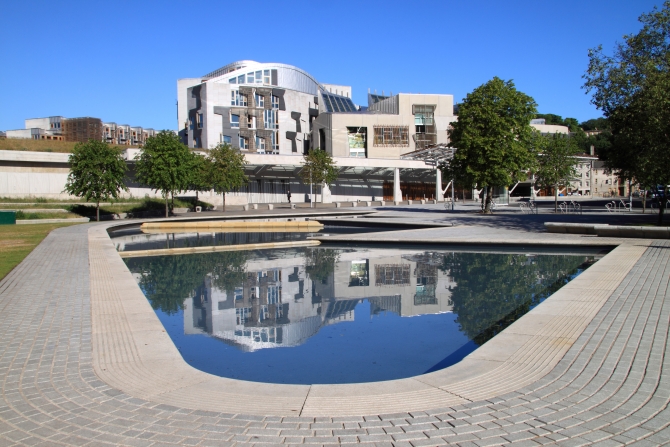Scottish property and investment experts admit they still have fears that new higher tax rates on £2m-plus commercial deals could stifle home-grown business expansion and deter foreign investment.

The introduction of the new Land and Buildings Transaction Tax (LBTT) — the first new tax raised by a Scottish parliament in more than 300 years — has been branded a “significant moment” by commercial specialist, Alan Cook, who said he still had concerns despite “three years of discussion and hard work” on the law to replace the UK-wide Stamp Duty Land Tax (SDLT).
“There remain concerns on a number of fronts,” explained the Pinsent Masons lawyer. “Perhaps the biggest is how will higher rates for commercial property transactions over approximately £2m affect property investors’ views of Scotland as a place in which to invest their funds?”
He also wanted to know: “Whether the restricted availability of sub-sale relief will have a distortive effect on the market compared to the rest of the UK and how occupiers will respond to the new compliance burden on them to submit updated returns for leases which are granted after 1 April, 2015.”
In the residential sector, Cook said there were also doubts on how higher rates of residential LBTT, compared to SDLT, will affect the market for larger city family homes over £350,000.
“We shall be keeping a close eye out for market impacts as part of our ongoing role in guiding businesses through the new regime,” he said.
From this month, Revenue Scotland will collect and administer LBTT. The “block grant” Scotland receives from Westminster has been reduced by a corresponding amount to reflect the Scottish Government’s new tax raising powers.
LBTT will be charged whenever buildings in Scotland are sold or leased. It will also be charged on a progressive basis, reflecting the current income tax system, under which slices of the transaction price will be subject to LBTT at increasing percentages.
For commercial property, the rates are zero for the first £150,000 of a purchase price, three per cent for the portion of the price between £150,000 and £350,000 and 4.5 per cent for transactions above £350,000.
As part of its attempt to “redistribute the burden of taxation” the Scottish Government has said that the new taxes will be “revenue neutral”, generating the same amount of tax as their predecessor UK taxes would have produced over the same period.